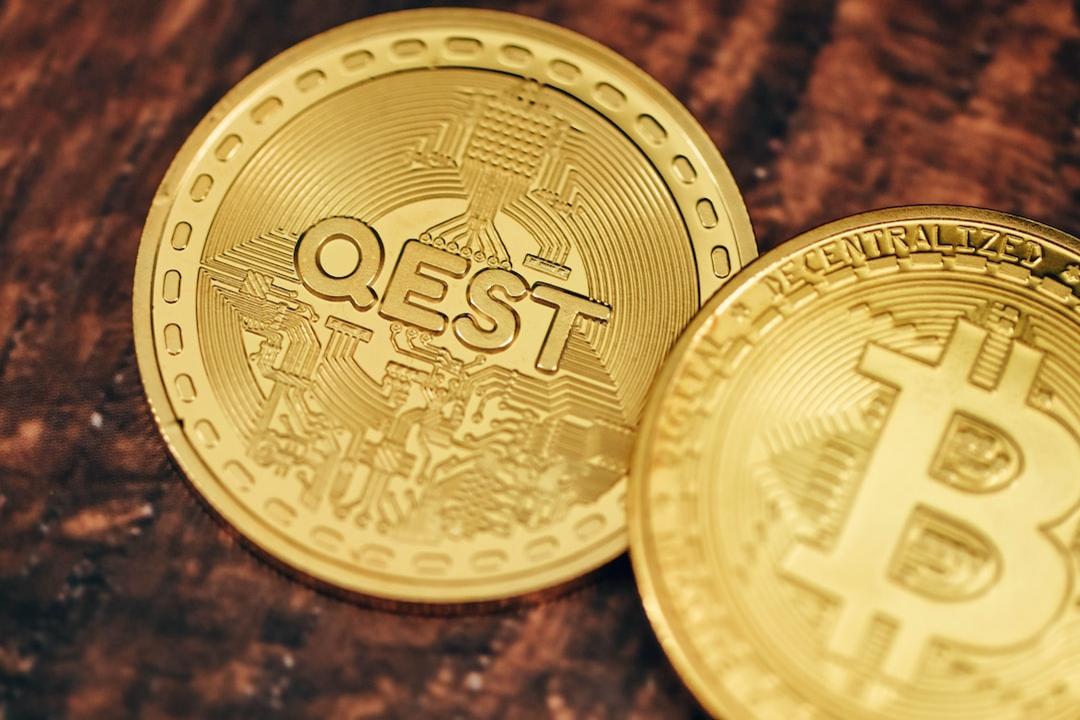Cardano, a prominent blockchain platform, is gearing up for a major upgrade known as the Chang hard fork, signaling a crucial step towards the Voltaire era of decentralized governance. This upgrade aims to shift control of the network from centralized entities to ADA token holders, ushering in a more democratized blockchain ecosystem.
Honoring Phil Chang and Embracing Voltaire
The Chang hard fork, named after the late Phil Chang, a devoted Cardano supporter, is a tribute to the community-driven ethos of the platform. Its main objective is to empower ADA holders with governance capabilities, leading to the decentralization of blockchain control.
Introduction of Node 9.1.0
On July 25, Cardano introduced Node 9.1.0, a key element for implementing the Chang hard fork. This latest node version includes vital updates and technical enhancements required for the transition. Unlike its predecessors, Node 9.1.0 now mandates a Conway genesis file at the start, previously an optional requirement. It also brings various improvements, such as bug fixes and updates to the Command Line Interface (CLI) and Application Programming Interface (API). A notable addition is the new “query treasury” command, which simplifies network management.
Decentralized Governance: A Digital Democracy
The Chang hard fork signifies a significant shift in how the Cardano network is governed. Traditionally, the Cardano Foundation, Emurgo, and Input Output Global (IOG) have overseen the blockchain. However, with this upgrade, governance will shift to ADA holders, allowing them to vote on network changes and manage the blockchain’s budget. This new approach aims to establish a digital democracy where the community directly influences the platform’s future.
Progress and Challenges
Currently, stake pool operators (SPOs) are diligently updating their systems to accommodate the new software. According to PoolTool, a Cardano staking dashboard, approximately 27% of nodes have been upgraded. To proceed with the hard fork, 70% of all SPOs must complete the transition. Once this milestone is reached, the new governance model will be activated, finalizing the transition.
Despite the anticipation, the journey to this point has not been without hurdles. Initially planned for the second quarter of 2024, the Chang hard fork faced delays, a common occurrence in the blockchain industry where technical upgrades can encounter unforeseen challenges.
Importance of Community Engagement
The success of this new governance model relies on active participation from ADA holders. Strong community involvement is essential for the system to function effectively. Without it, the decentralized governance structure may not reach its full potential.
Potential Risks and Rewards
Like any major blockchain upgrade, the Chang hard fork carries potential risks. Technical issues during implementation are a possibility, and the Cardano development team must be prepared to address them promptly. However, if successful, the upgrade could significantly bolster confidence in Cardano’s future.
Historically, hard forks have positively impacted cryptocurrency values. For example, the Alonzo hard fork in 2021 saw ADA’s price surge from $1.35 to $3.10 within a month. While market movements are unpredictable, there is a chance that the Chang hard fork could have a similar effect, especially if it enhances trust in Cardano’s decentralized governance model.
Conclusion
The Chang hard fork represents more than just a technical upgrade for Cardano; it symbolizes a bold move towards a decentralized future where ADA holders play a direct role in network governance. By transferring control from centralized entities to the community, Cardano embraces the true essence of blockchain technology.
As the platform prepares for this significant shift, community involvement and support will be critical. If successful, the Chang hard fork could set a new standard for decentralized governance in the blockchain industry, potentially boosting the value of ADA and solidifying Cardano’s position as a leading player in the crypto space.

